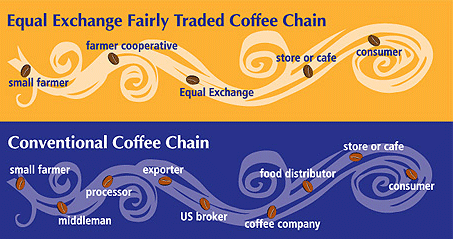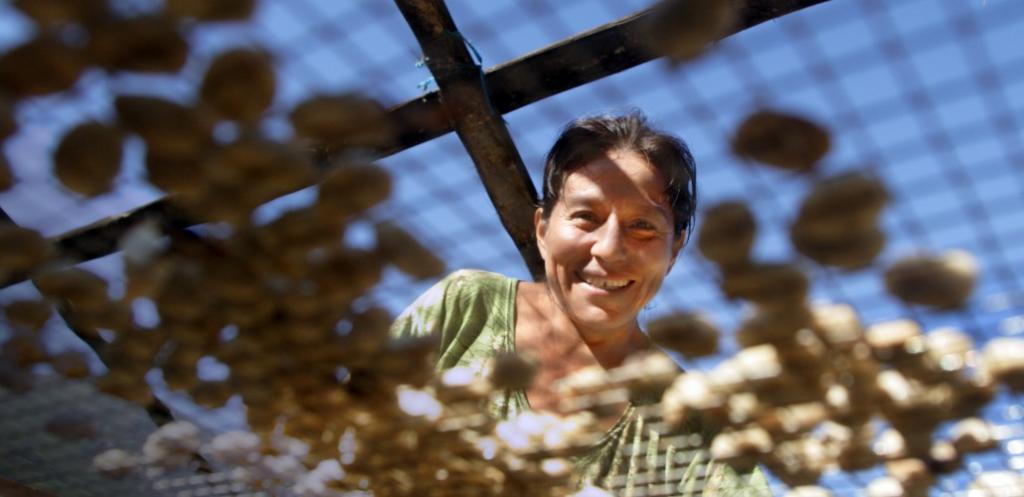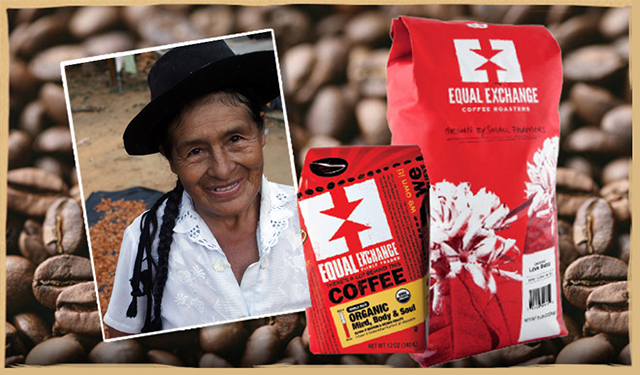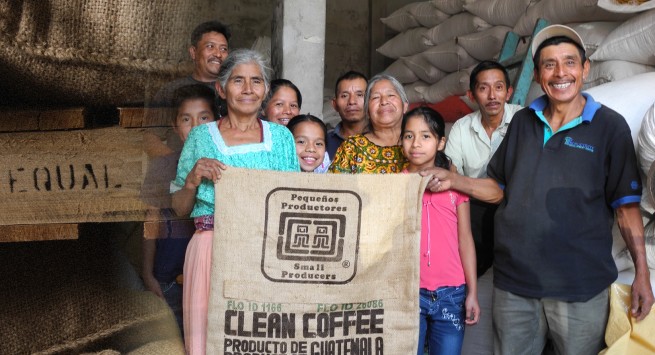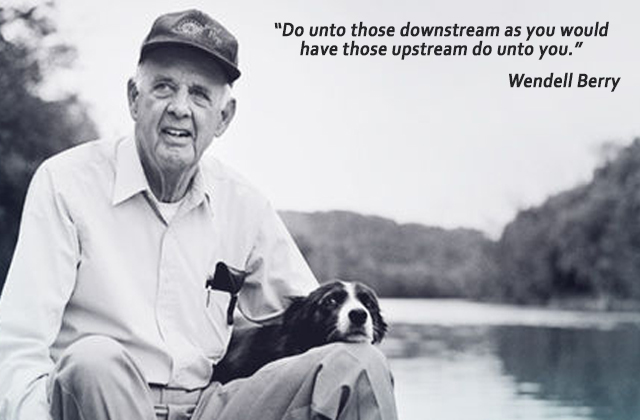Episcopal Relief & Development Fair Trade Project Begins
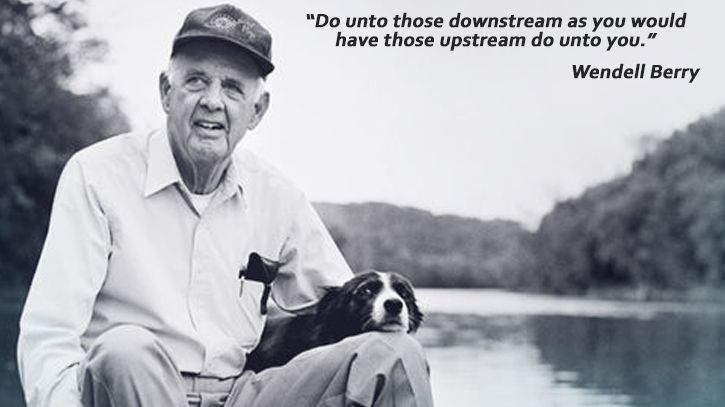
Farmer and author Wendell Berry is known to have said, “Do unto those downstream as you would have those upstream do unto you.” I have been thinking about this quote a lot lately, when I consider my currencies and how they flow. Another writer who has piqued my interest is the Episcopal Priest Eric Law. Law has a new book called “Holy Currencies,” where he looks at all those things like relationships, truth, and wellness (among others) that flow in and through our communities, benefiting and enriching them.
As far as the cold, hard type of currency is concerned (which Law does not overlook), I definitely know how I expect those upstream from me to enrich and empower me. I have strong feelings of justice tied to my pay, and even a sense of value and self-worth that are bestowed by my employer and others who pay me. If I am a conduit through which my money flows, then my expectation is that my money will also have the same effect upon those downstream that it does on me. I can afford to feed myself and my family, I can see a doctor when I’m ill. I even have some time for Sabbath and personal fulfillment.
As you probably know, that is the thinking behind the practice known as fair trade. Fair trade is one means by which we can make a real difference in the lives of those who supply our food and drinks, our clothes or even our flowers. It is my hope that all of my transactions can insure just and fair treatment for those who supply me with goods and services. Unfortunately, I have yet to find a truly fair trade computer. But the list of fair trade items is growing, and it is for this reason that Episcopal Relief & Development introduces the Episcopal Relief & Development Fair Trade Project.
Working together with fair trade leader Equal Exchange, we can now help our supporters make fair trade purchases of coffee, tea, chocolate, nuts and other products, all while supporting the work of alleviating hunger, creating economic opportunities, promoting health and responding to disasters. Providing greater variety helps us to widen the river of possibilities for our friends and supporters while deepening the impact we have on the communities that grow our foods.
In this video we meet small-scale farmer Anna Rodriguez as she explains the importance of cocoa farming to her family and the environmentally sound way they approach their trade.
How do your currents flow? And what do they carry? I do hope that the Episcopal Relief & Development Fair Trade Project can help you provide a just and proper wage to those who grow your food, while providing Episcopal Relief & Development with the support we need to heal a hurting world. I do know that this project will provide you with some of the best coffee, teas and chocolates you’ve ever tasted, while blessing the lives of those who farmed them.
The Fair Trade Project with Equal Exchange concluded in 2021. We are grateful for the partnership and everyone who supported fair and just pay for those who grew the food and Episcopal Relief & Development’s work by purchasing these products.
—————————————————
Sean McConnell is Director of Engagement for Episcopal Relief & Development.
Images: Top, Equal Exchange diagram. Middle 1, coffee farmer peeking through. Middle 2, new coffee vendor for Episcopal Relief & Development. Middle 3, family of coffee growers in Guatemala. Bottom, Wendell Berry.
Healing the world starts with your story!
During the 75th Anniversary Celebration, we are sharing 75 stories over 75 weeks – illustrating how lives are transformed through the shared abundance of our partners and friends like you! We invite you to join us in inspiring our vibrant community by sharing your own story!

